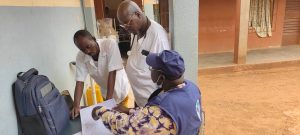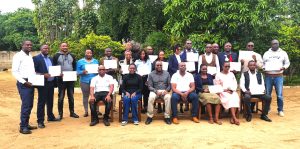Insecurity and logistical challenges continue to blight polio eradication efforts in DRC
-
by
AFENET
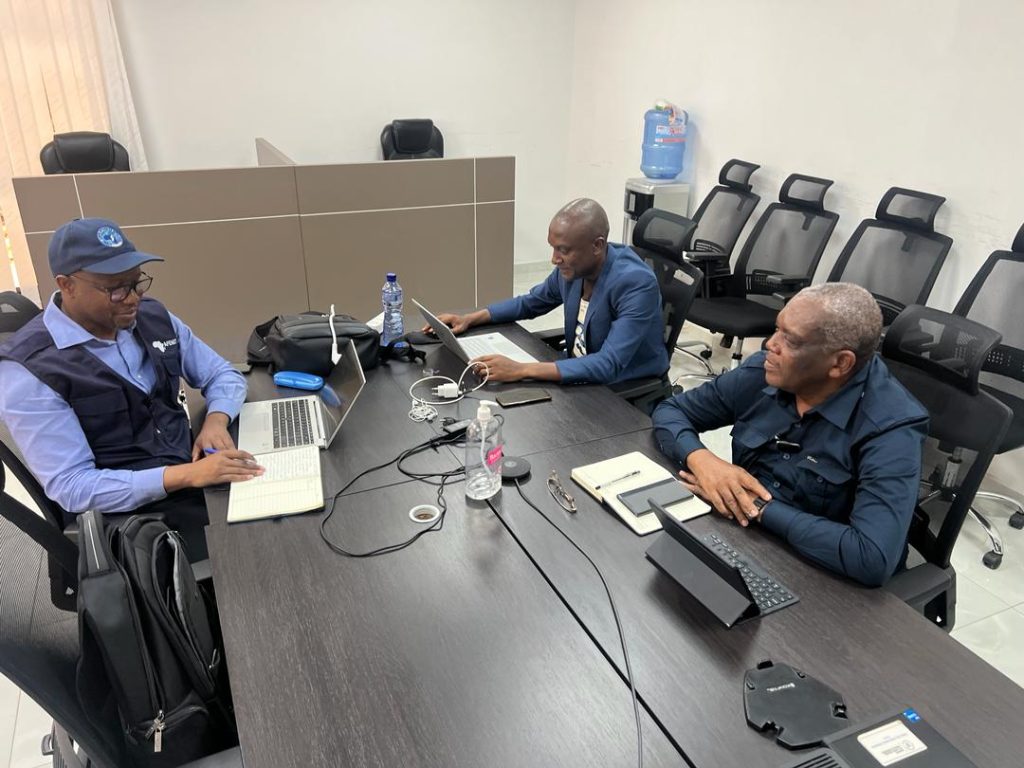
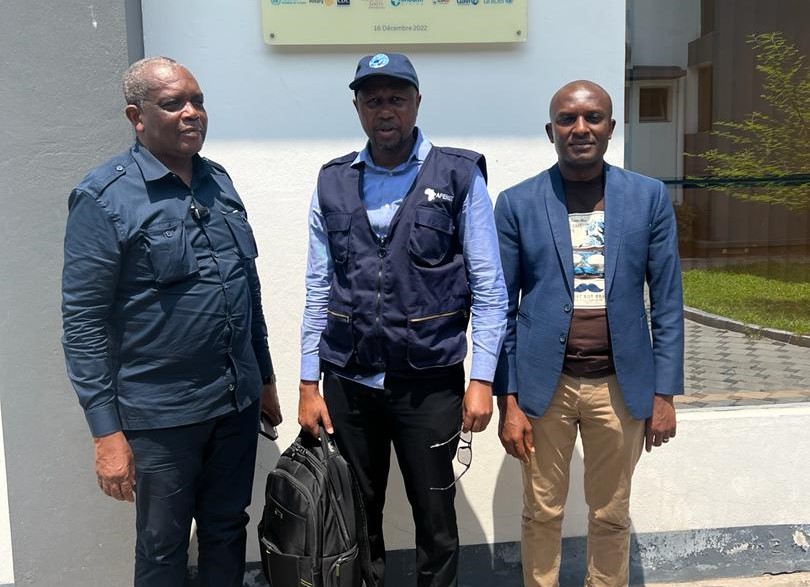
Amidst global efforts to eradicate polio, the Democratic Republic of Congo (DRC) has been a priority country, grappling with numerous cases of circulating vaccine-derived poliovirus (cVDPV). To aid in eradication efforts, the African Field Epidemiology Network (AFENET), supported by the Centers for Disease Control and Prevention (CDC), deployed polio consultants across Africa, including three in the DRC.
Dr Yaya Ballayira, AFENET’s Francophone Polio Outbreak Coordinator, visited the DRC from 18 – 28 February 2024 in Kinshasa to assess the work of polio consultants in the country, as well as identify strengths, weaknesses, opportunities, and threats to their efforts and provide recommendations.
Discussions were held with key stakeholders, including the AFENET Regional Technical Coordinator and the DRC’s Global Polio Eradication Initiative (GPEI) Coordinator, and the consultants, among others.
GPEI (Global Polio Eradication Initiative) Coordinator Dr Lusamba Kabamba praised the consultants’ dedication but flagged funding shortages, logistical hurdles, and security threats in certain provinces as significant obstacles. To improve the situation, he called for more financial support and improved coordination.
Earlier, while providing briefs about their activities in the areas of routine EPI, surveillance, supplementary immunization support, and vaccine safety, the consultants also cited logistical and security concerns.
The AFENET Regional Technical Coordinator for Central Africa, Dr Alain Magazani, shared insights on the various CDC Global Immunization Division – AFENET Cooperative Agreement Co-Ag projects in the DRC including the Outbreak response in Africa (polio project), Outbreak response in DRC in Maniema, Consequential Geographies (CG), Data management and visualization, Case-based surveillance, Data management capacity building in neighboring Central African Republic (CAR), and District- level surveillance strengthening in CAR.
“Reporting challenges for the Maniema project were discussed, as well as challenges related to the kickoff of the two projects in CAR and CG project in DRC. We have planned to reach out to CDC POCs of those projects to get more insights. The RTC assisted in the planning and implementation of polio consultant supervision activities,” said Dr Ballayira.
While commendable progress has been made in the fight against polio in the DRC, significant challenges ranging from funding shortages, logistical constraints, to security risks threaten to impede eradication efforts. However, addressing these challenges and improved coordination among stakeholders would go a long way towards maximizing impact and accelerating progress towards polio eradication in the DRC.
Meeting with GPEI Coordinator
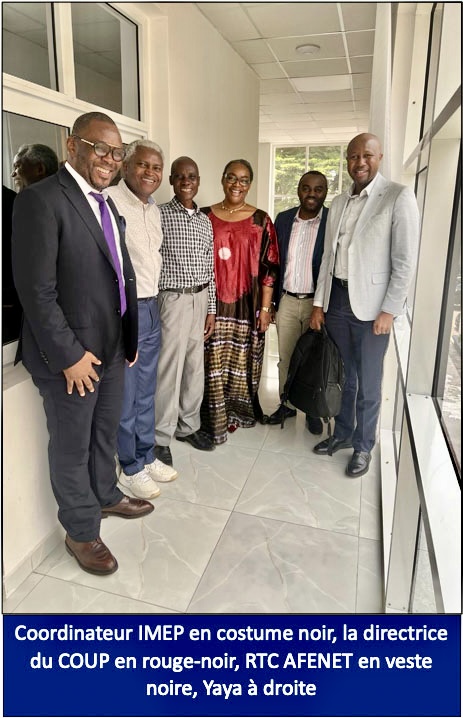
Field visit to the Ngaba health zone:
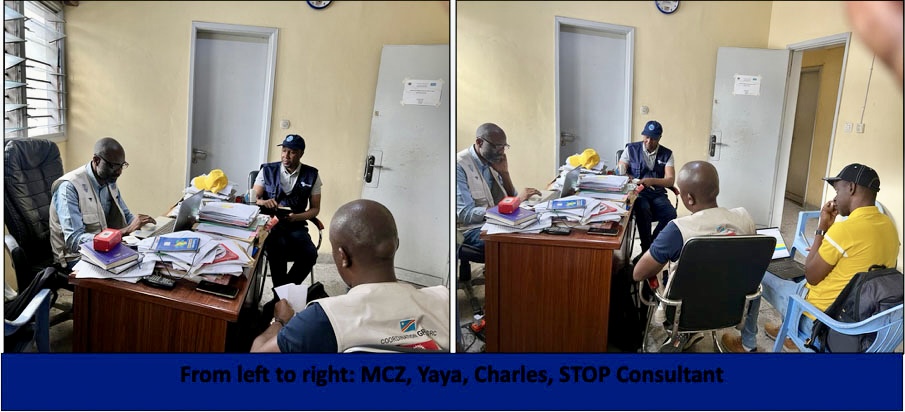
At the health zone, the team met the zone chief medical officer (MCZ) with his team. The recommendations made during the previous supervision were followed up through an interview with the MCZ, then a priority site (Mpilla health center) was supervised with “E- surv companion”.

